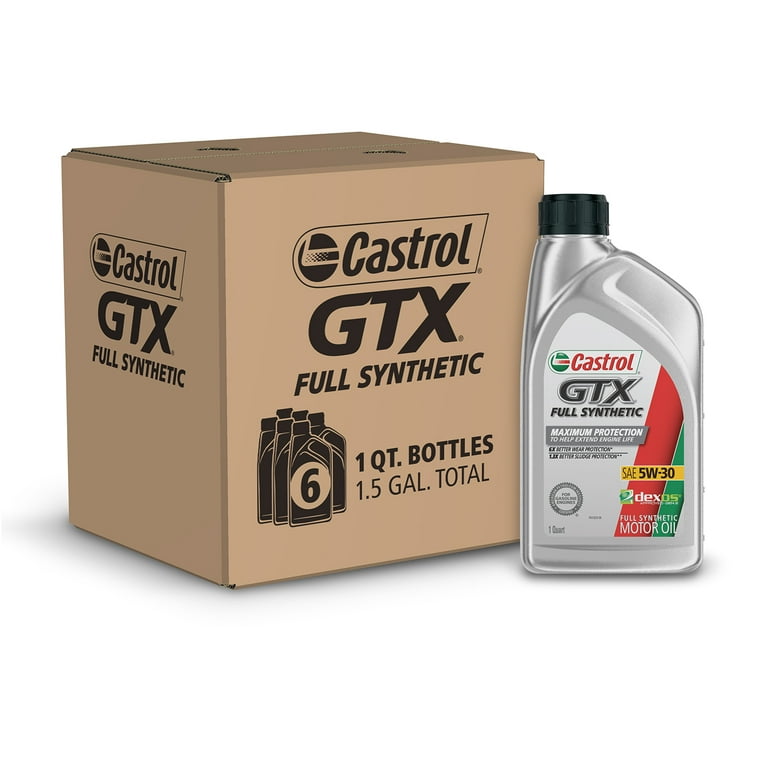Engine oil is a crucial component in keeping your vehicle running smoothly and efficiently. However, there are several factors that can shorten the life of engine oil, leading to decreased engine performance and potential damage. Understanding what can impact the longevity of engine oil can help you take the necessary steps to ensure optimal engine health and performance.
1. High Temperatures
One of the primary factors that can shorten the life of engine oil is exposure to high temperatures. When oil is subjected to high temperatures for extended periods, it can break down more quickly, leading to decreased lubrication and increased friction within the engine. This can result in accelerated wear and tear on engine components, ultimately shortening the life of the oil.
2. Contaminants
Contaminants such as dirt, dust, and metal particles can also shorten the life of engine oil. When these contaminants enter the oil system, they can cause increased wear on engine components and reduce the effectiveness of the oil in lubricating and protecting the engine. Regular oil changes and using high-quality oil filters can help mitigate the impact of contaminants on engine oil life.
3. Moisture
Moisture is another factor that can shorten the life of engine oil. When water or condensation enters the oil system, it can lead to oxidation and the formation of sludge and varnish within the engine. This can impede oil flow and reduce its ability to lubricate and protect engine components effectively. Keeping the oil system sealed and using oil with good water-separation properties can help prevent moisture-related issues.
4. Extended Oil Change Intervals
Extended oil change intervals are a common practice among some vehicle owners, but they can significantly shorten the life of engine oil. Over time, oil breaks down and becomes contaminated, losing its ability to effectively lubricate and protect the engine. Regular oil changes based on manufacturer recommendations are essential for maintaining optimal engine health and prolonging the life of the oil.
5. High Mileage
High mileage can also contribute to the shortened life of engine oil. As a vehicle accrues more miles, the engine undergoes more wear and tear, leading to increased contamination of the oil. Additionally, high-mileage engines may have more internal leaks or seal degradation, allowing oil to escape or be contaminated more easily. Using high-mileage-specific oil formulations can help combat these issues and prolong the life of the oil.
6. Incorrect Oil Viscosity
Using the wrong viscosity of oil can also shorten its life. Oil viscosity is a measure of its thickness and ability to flow at different temperatures. Using oil with the incorrect viscosity can lead to poor lubrication and increased wear on engine components, ultimately shortening the life of the oil. Consult your vehicle owner’s manual to ensure you are using the correct oil viscosity for your engine.

Credit: www.walmart.com
7. Engine Operating Conditions
The operating conditions of the engine can also impact the life of engine oil. Stop-and-go driving, towing heavy loads, and driving in extreme temperatures can all put additional stress on the oil, causing it to break down more quickly. If you frequently operate your vehicle in challenging conditions, consider using a high-quality synthetic oil that is better equipped to withstand these demands.
8. Lack of Maintenance
A lack of proper maintenance can also shorten the life of engine oil. Neglecting oil changes, ignoring oil leaks, and failing to check oil levels regularly can lead to oil degradation and increased engine wear. Regular maintenance, including oil changes, filter replacements, and routine inspections, is essential for maximizing the life of engine oil and ensuring the long-term health of your engine.
9. Poor-Quality Oil
Using poor-quality or incorrect oil can significantly impact the life of engine oil. Low-quality oils may not have the necessary additives and properties to effectively lubricate and protect the engine, leading to premature breakdown and increased wear. Always use high-quality oils that meet the specifications recommended by your vehicle manufacturer to ensure optimal engine performance and longevity.

Credit: m.facebook.com
10. External Factors
External factors such as environmental conditions, driving habits, and fuel quality can also influence the life of engine oil. Driving in dusty or sandy environments, frequent short trips, and using low-quality fuel can all contribute to oil contamination and degradation. Being mindful of these external factors and taking steps to mitigate their impact can help prolong the life of engine oil.
Conclusion
Engine oil is a vital component in maintaining the health and performance of your vehicle’s engine. Understanding the factors that can shorten the life of engine oil is essential for ensuring optimal engine health and longevity. By addressing high temperatures, contaminants, moisture, extended oil change intervals, high mileage, incorrect oil viscosity, engine operating conditions, lack of maintenance, poor-quality oil, and external factors, you can help prolong the life of engine oil and keep your engine running smoothly for years to come.
Remember, regular oil changes, using high-quality oil and filters, and following manufacturer recommendations are key steps in maximizing the life of engine oil and protecting your engine from premature wear and damage.


